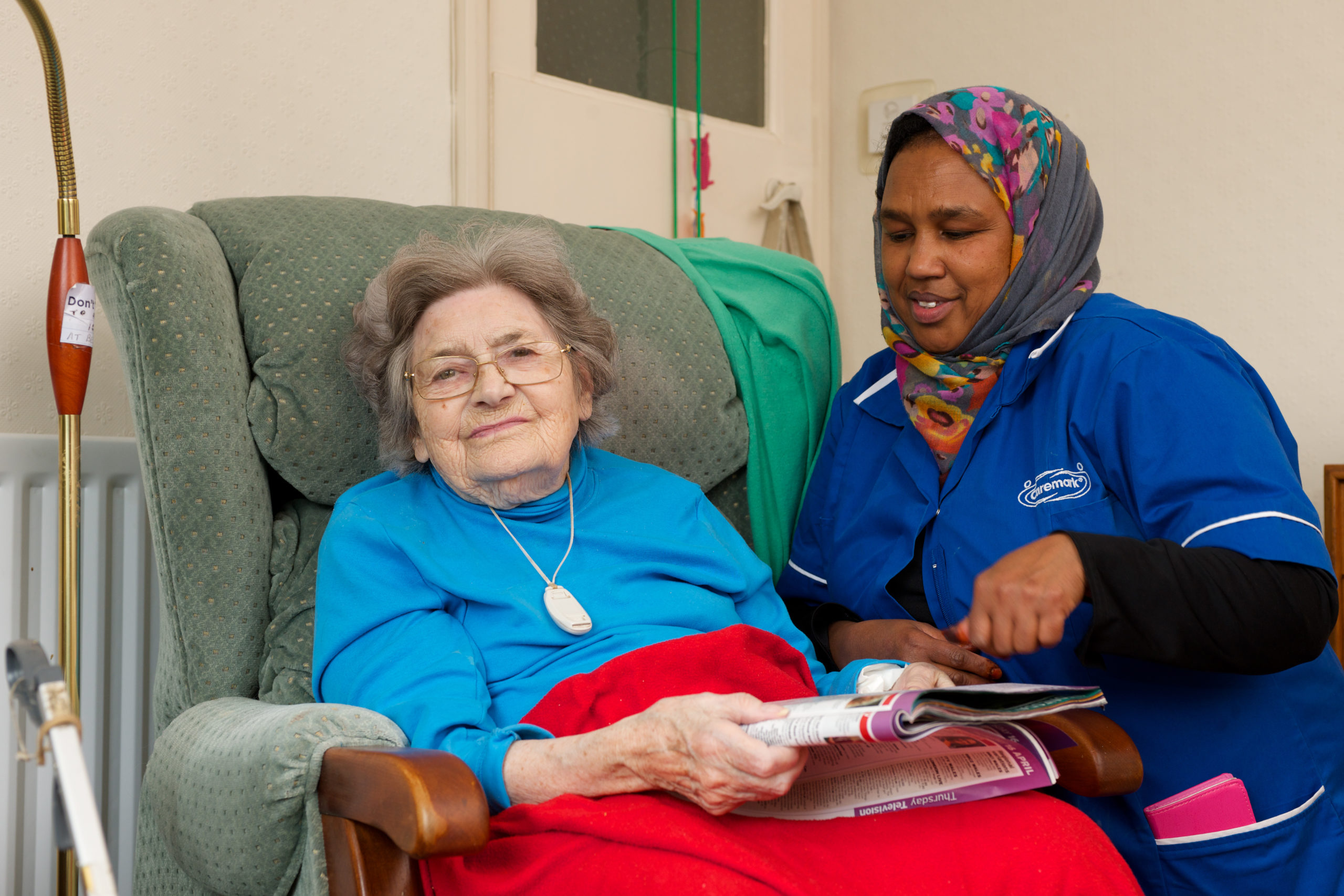Caring for adults with dementia poses a sheer array of challenges for families and carers, especially for those who don’t have any help from home care services.
People with dementia and related diseases suffer from a progressive biological brain disorder that makes it difficult for them to recall things, think clearly, communicate with their families and friends, and take care of themselves.
Additionally, dementia can cause severe mood swings and even alter a person’s behaviour. The following strategies will help you deal with the troubling personality problems and communication difficulties often found when caring for adults or the elderly living with dementia.
4 tips for looking after a loved one with dementia
1. Accept help
Whether you are looking after someone in your family, or whether you provide home care services, never hesitate to ask for help.
An individual with dementia might become agitated when unable to carry out simple tasks around the house. To limit challenges and ease frustration, you can start by establishing a daily routine.
Some tasks such as eating, drinking or getting to medical appointments are easier when the person is refreshed; however, they can be challenging and time-consuming for the carer.
Home care services specialised in dealing with people with dementia come in handy when creating a routine that will help you reduce frustrations and make room for other activities during difficult days.
2. Empathise
Looking after someone with dementia starts with empathy and compassion.
People with dementia are prone to getting upset when feeling disoriented, so it’s highly important to understand what they’re going through in order to provide effective care. Making them feel reassured by being empathetic will make a key difference whenever they feel in an unfamiliar place.
3. Be realistic
Given that dementia progresses and worsens over time, it’s pivotal to be realistic about what is effective care during the progression of the disease.
Success is making your loved one feel comfortable, happy and safe; however, at some point, you will likely need the help of an individual with experience in caring for adults with lifelong disabilities and conditions.
In the meantime, try your best to foster the good moments and the good days. Don’t try to force them.
4. Make a plan
When you are caring for someone living with dementia it’s important to never get used to what feels normal.
As mentioned above, at some point, you and your family should prepare for a time when your loved one may need professional home care and support. This will require financial planning and finding the most appropriate care companies near you.
Professional care workers will be able to constantly reassess the care needs of your loved one, making sure that you and your family are assured that additional care needs are being met as they arise.

